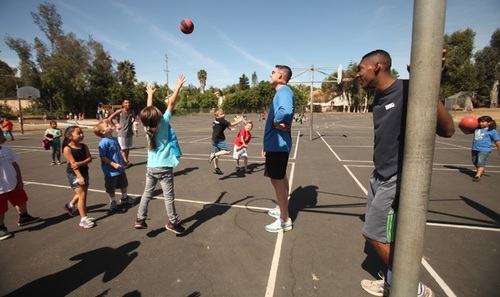Children who are fitter and whose fitness improves during childhood and adolescence have better lung function as young adults, according to a large study published in the European Respiratory Journal.
The research included a total of 2,406 children, combining a study of 1,037 children in Dunedin, New Zealand, and a second group of 1,369 in Odense, Denmark.
In the Odense group, aerobic fitness was tested at ages 9, 15, 21 and 29 using an exercise bike to see how much exercise each person could do before they were exhausted. The Dunedin Study used a cycling test at ages 15, 26, 32, and 38 to estimate fitness from the heart rate response to exercise. Lung function tests were done at the same ages in both studies.
The results show that fitter children had better lung function and the more their fitness improved during childhood, the greater their lung capacity when they reached adulthood.
The link between lung function and fitness remained after the researchers took account of factors such as height, weight, asthma, and smoking. The results also showed a stronger effect in boys than girls.
The research was led by Professor Bob Hancox, a respiratory specialist at the University of Otago, New Zealand. He explained: "We need to keep studying these people to find out whether the association between fitness and lung function continues into later adulthood. If it does, improving and maintaining fitness could translate into important reductions in chronic lung disease.
"In the meantime, this provides another reason to make sure our children get fit and stay fit. Exercise and fitness are good for our bodies and this appears to be true for our lungs as well as other aspects of health."





